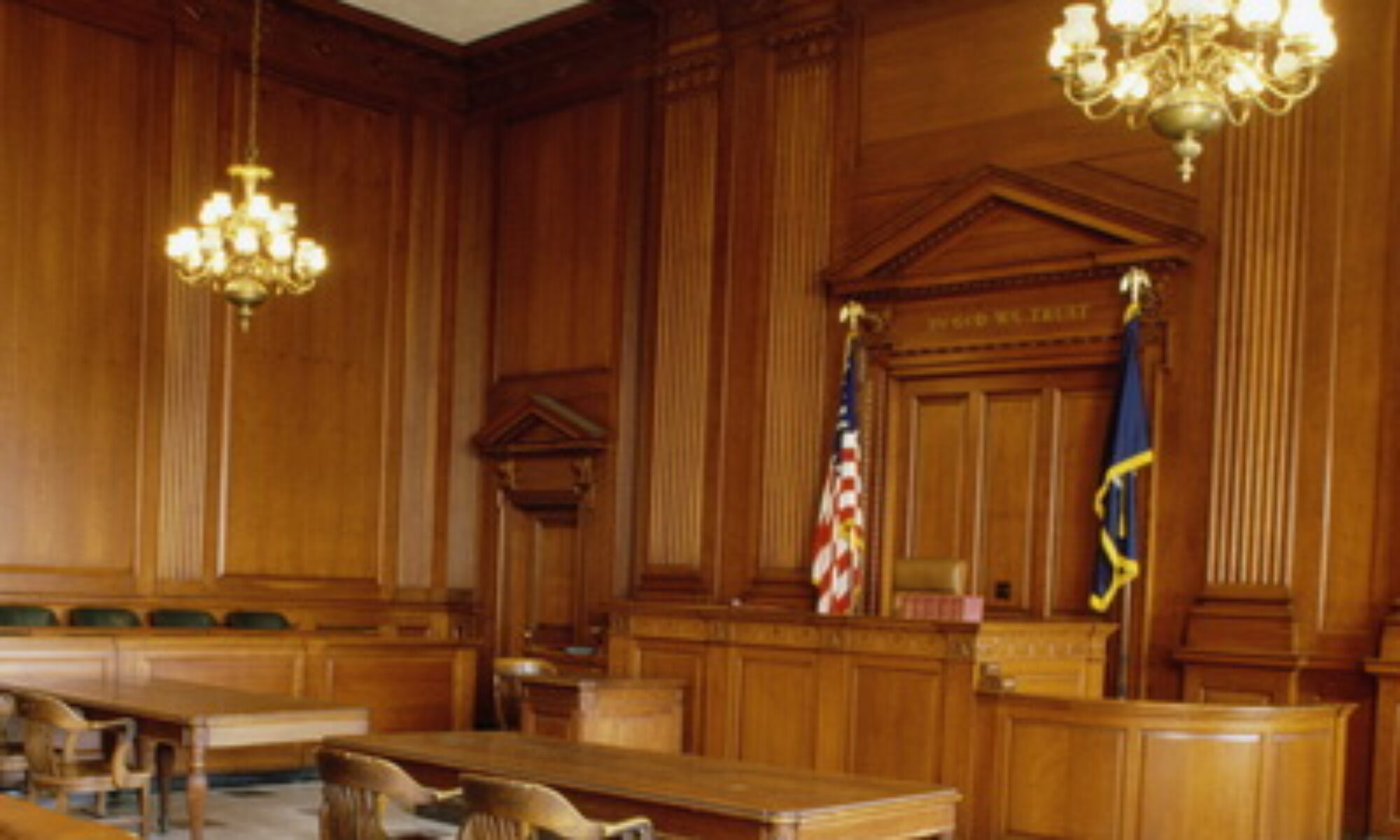A new regulation has been initiated by the New York State Department of Health (“DOH”) effective August 12, 2021.
Section 415.33 of 10 NYCRR Confirmatory Testing is added to the regulations as follows:
“(1) Any resident with symptoms of COVID-19 or who has been exposed to COVID-19 shall be tested for the COVID-19 virus, along with any other clinically appropriate testing.
(2) Whenever a person expires while in a nursing home, wherein the professional judgment of the nursing home clinician there is a clinical suspicion that COVID-19 was a cause of death, but no such test was performed in the 14 days before death, the nursing home shall administer a COVID-19 test within 48 hours after death, along with any other clinically appropriate testing. Such COVID-19 test shall be performed using rapid testing methodologies to the extent available.”
The facility shall report the death to the Department immediately after and only upon receipt of such test results through the Health Emergency Response Data System (HERDS). Notwithstanding the foregoing, no test shall be administered if the next of kin objects to such testing. Should the nursing home lack the ability to perform such testing expeditiously, the nursing home should request assistance from the State Department of Health.”
This emergency regulation also states that no test shall be administered if the next of kin objects. The nursing home should request assistance from the DOH should the facility not have the adequate effectiveness to execute the testing quickly but carefully.
The healthcare attorneys at Abrams Fensterman are committed to providing you with the most current and accurate information and guidance. If you have any questions, please contact Patrick Formato, Esq., Barbara Stegun Phair, Esq., Frank Mazzagatti, Esq., Michael Bass, Esq., Richard Thomas, Esq., Jonathan Rogoff, Esq., or any other attorney in our health law practice group.

